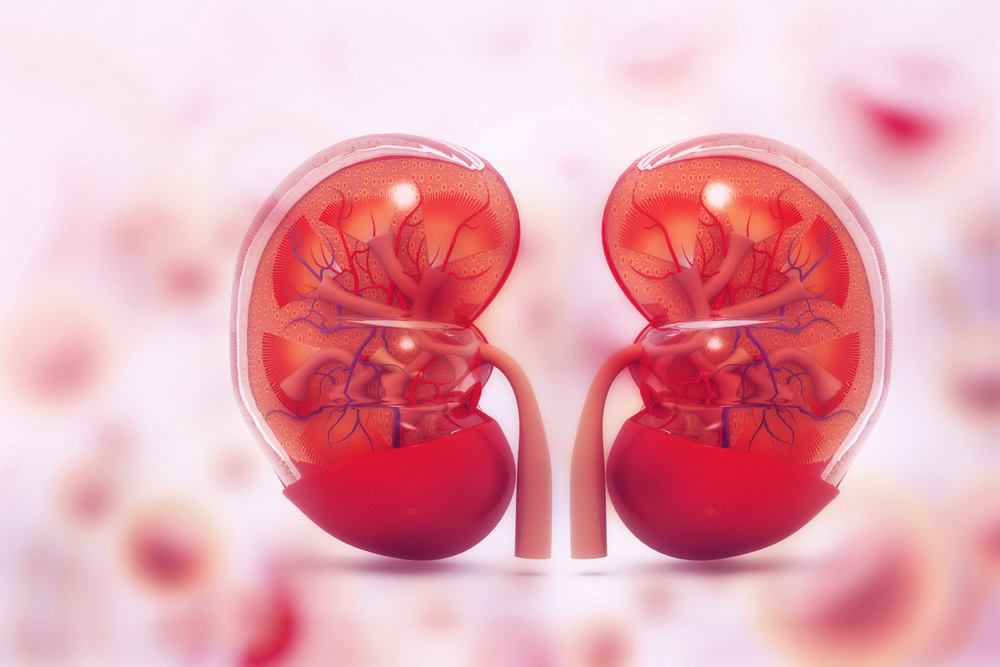Alport Disease Severity May Be Influenced by Additional, Non-Collagen Gene Mutations

Researchers report that mutations in kidney genes not involved in collagen production may worsen the severity of Alport syndrome. The study may provide an explanation as to why Alport patients can have widely varying disease severity.
A specific mutation in the LAMB2 gene, which is linked to the genetic disease Pierson syndrome, led to no apparent kidney disease in mice. When combined with Alport mutations, however, the animals developed severe forms of Alport.
A research team at the Washington University School of Medicine in St. Louis, Missouri, started exploring the link between the two conditions after coming upon a girl with an unusual form of Pierson syndrome. The disease, which usually kills babies during their first year of life, is marked by kidney disease and eye abnormalities.
The girl, however, was 6 years old when she started developing kidney failure with protein leakage, researchers described in the Journal of the American Society of Nephrology. A genetic test showed she had a mutation in the LAMB2 gene, which is known to cause the condition.
Biochemical tests suggested that the mutation might cause disease by interfering with the structural assembly of laminin — a component of the kidney glomerular basement membrane.
This could cause the girl’s disease, but scientists wanted to understand the mutation’s role in more detail. In the study, “Pathogenicity of a Human Laminin β2 Mutation Revealed in Models of Alport Syndrome,” they explored the impact of the mutation in mice.
Bioengineering mice with such a mutation suggested that it gave rise to normal laminin. The animals did not develop a disease similar to that seen in the girl. Therefore, researchers figured she must have had another mutation as well.
Genetic tests had excluded some possibilities, but researchers had not tested the girl for the typical Alport syndrome mutations — COL4A3, COL4A4, and COL4A5.
Alport patients typically have widely varying disease severity — even if they have the same gene mutation. That makes researchers suspect that other genes also impact the disease.
Creating mice with one copy of the LAMB2 mutation and an absence of COL4A3, the team noted a substantial impact of the mutation. COL4A3 is flawed in autosomal recessive Alport syndrome.
These animals had more rapidly progressing kidney disease and survived shorter than ordinary Alport mice just lacking COL4A3. Female mice that lacked one copy of COL4A5 — giving rise to a mild form of X-linked Alport syndrome — had more severe protein leakage if the LAMB2 mutation was added.
The findings show that genes, not involved in kidney collagen production, may impact the severity of Alport syndrome.
While researchers caution that they could not exclude the possibility that differences between mice and humans may have influenced the results, they suggest their findings may explain why Alport patients vary widely in how severe their disease develops.







Leave a comment
Fill in the required fields to post. Your email address will not be published.